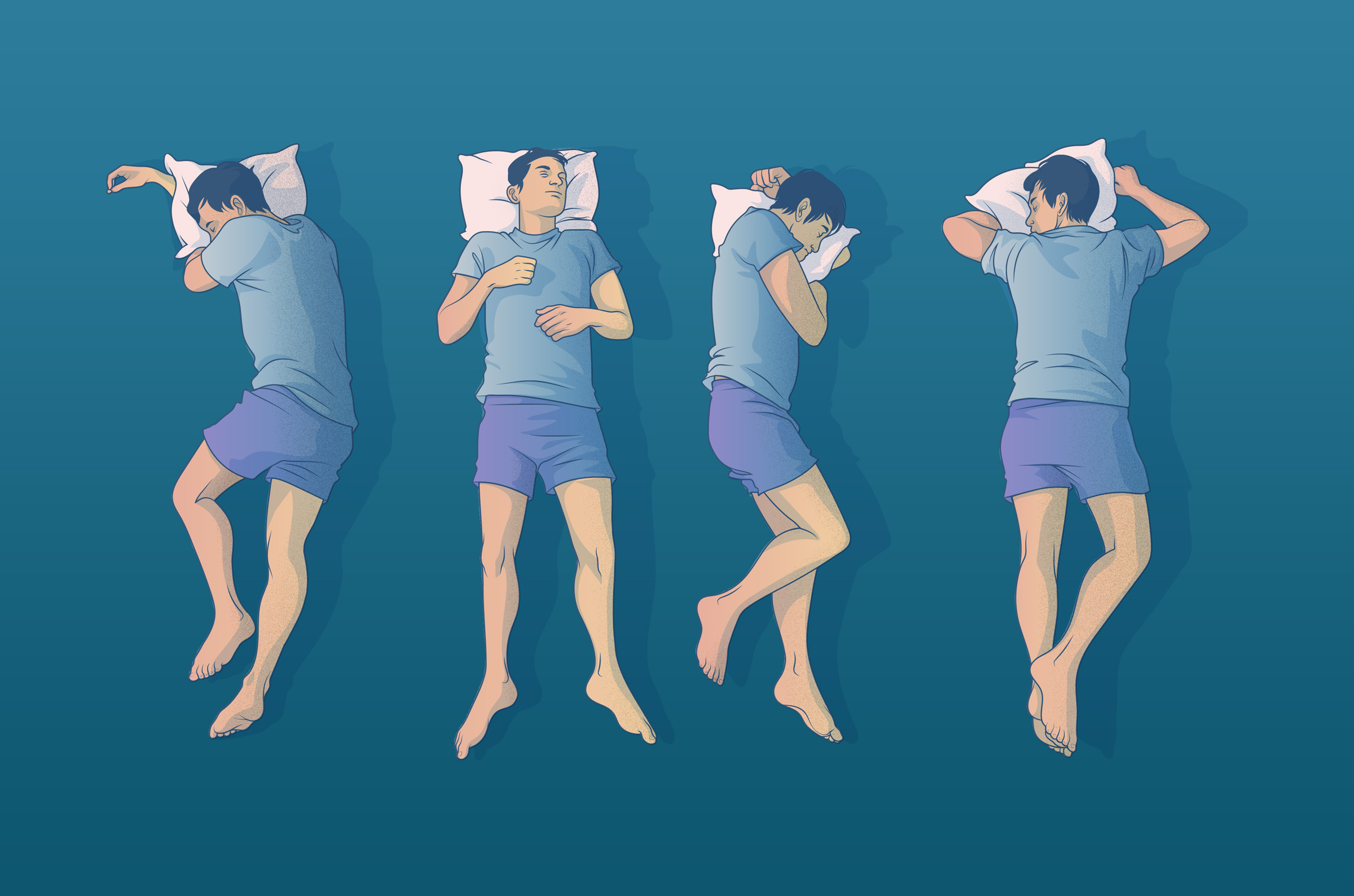Are You Aware of the Proper Sleep Positions? Don’t worry this article contains them all.
First of all, Even if we don’t get eight hours a night, sleep plays a significant role in our lives, but it’s more complicated than you may imagine. There are more options if you’re injured or have trouble sleeping than just lounging around and playing video games. You should change your sleeping posture as soon as possible because it has a significant impact on the quality of your sleep.
We are aware that various sleeping positions offer various significant advantages. You might need to adjust your sleeping posture if you have pain or other health problems that you need to manage. Even if you might not be able to finish it in one night, it can still be worthwhile to give it a shot.
The key to enhancing the quality of your sleep may lie in taking the time to progressively train yourself to sleep in a different posture. But don’t worry about it if that’s something you find uncomfortable. To ensure you’re getting the most out of your preferred sleeping position, you may also try adjusting it.
Everyone is an individual. It’s crucial that you’re following your body’s and your sleep demands’ instructions.
Lying on the side

It turns out that sleeping on your side, particularly if it’s your left, is actually rather healthy for you. It is excellent for your digestion and may possibly lessen heartburn in addition to helping to minimize snoring.
Ten individuals in a span of two days. After consuming a high-fat lunch on the first day, participants rested on their right side. They moved to the left side on the second. Even though this was a tiny trial, the researchers found that sleeping on the right side increased acid reflux and heartburn, which may be a good reason to swap sides when you go to sleep at night.
On the other hand, it might not always be the greatest to sleep on your side. It can result in tightness in your jaw on that side as well as stiffness in your shoulders. Furthermore, studies indicate that sleeping on your side may exacerbate wrinkles.
One way to help prevent low back pain is to properly align your hips by placing a pillow between your lower thighs.
Fetal position

This is the most common sleeping position for a reason. There are many advantages to the fetal position. Sleeping in the fetal position not only helps with pregnancy and lower back pain, but it also helps to lessen snoring.
Unfortunately, there are a few drawbacks to sleeping in the fetal position. Make sure your posture is somewhat relaxed; otherwise, your comfortable sleeping position may prevent you from taking deep breaths. Furthermore, sleeping in a tight fetal position could cause morning soreness if you have any problems with stiffness or pain in your joints.
Lie down on your back

The best for your health is to sleep on your back. It not only makes spine protection easier, but it also helps with knee and hip pain relief.
By utilizing gravity to maintain a level alignment of your body over your spine, sleeping on your back can relieve pressure on your joints and back. The natural curve of your back can be supported by placing a pillow behind your knees.
Furthermore, resting on your back shields your skin from wrinkles caused by gravity and pillows if you’re concerned about maintaining a youthful appearance.
On the other hand, anyone who has sleep apnea or snoring may find it challenging to sleep on their back. It may also represent challenging for those who already experience back discomfort, so it’s critical to have the right support.
The takeaway
We sleep or try to sleep for around one-third of our lives. Contrary to popular belief, your sleeping posture counts a lot. Your health may deteriorate if you’re having trouble falling asleep. Once more, having enough sleep is not the only factor in sleep deprivation; the quality of the sleep is also important.
Try adopting healthy sleeping habits if you don’t feel rested when you wake up. Including good sleep hygiene in your daily routine can significantly improve the quality of your sleep.
Do the following;
1. Don’t take too much caffeine.
2. Get frequent exercise.
3. Create a nightly routine that aids in relaxation and sleep preparation.




